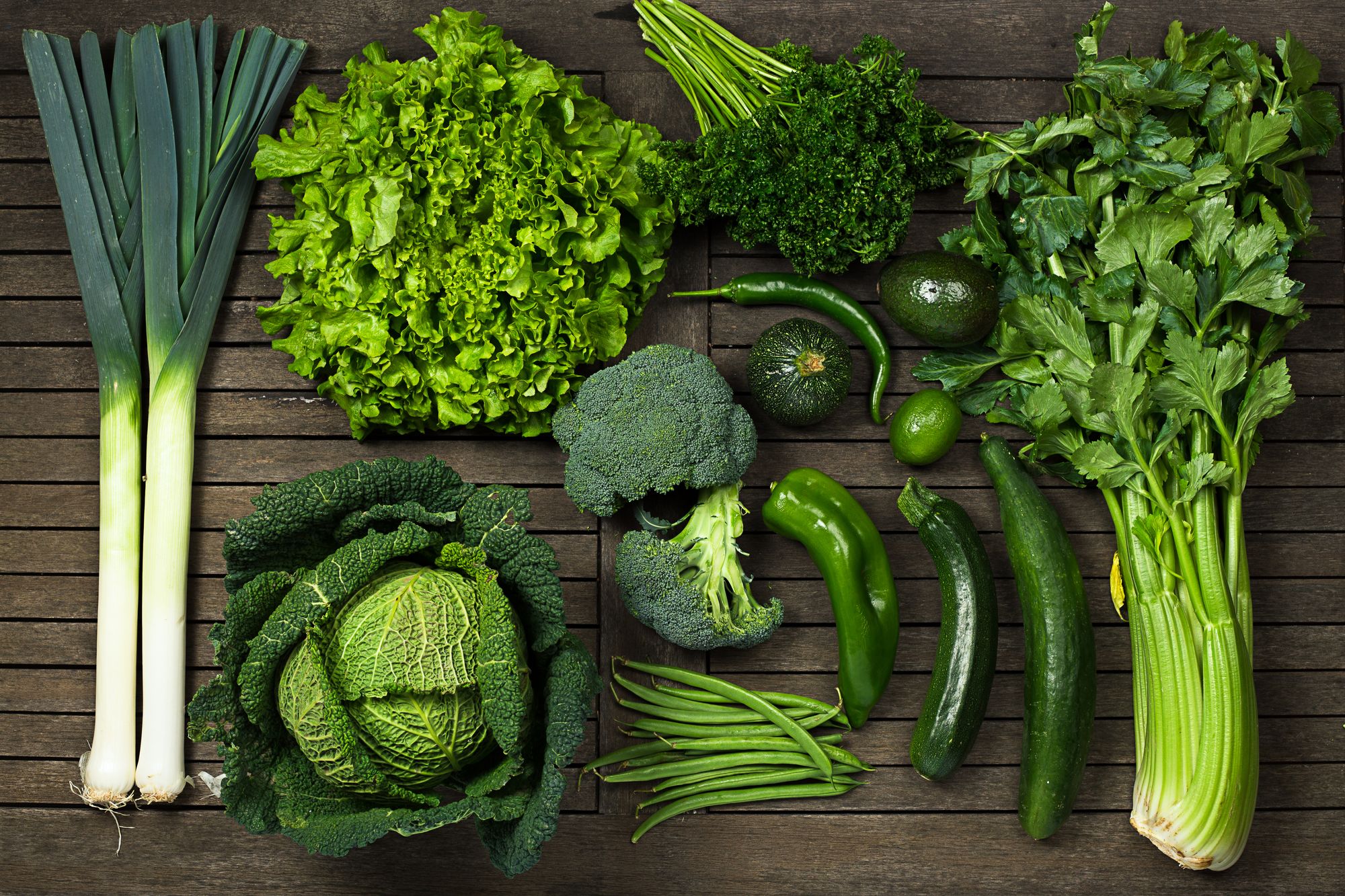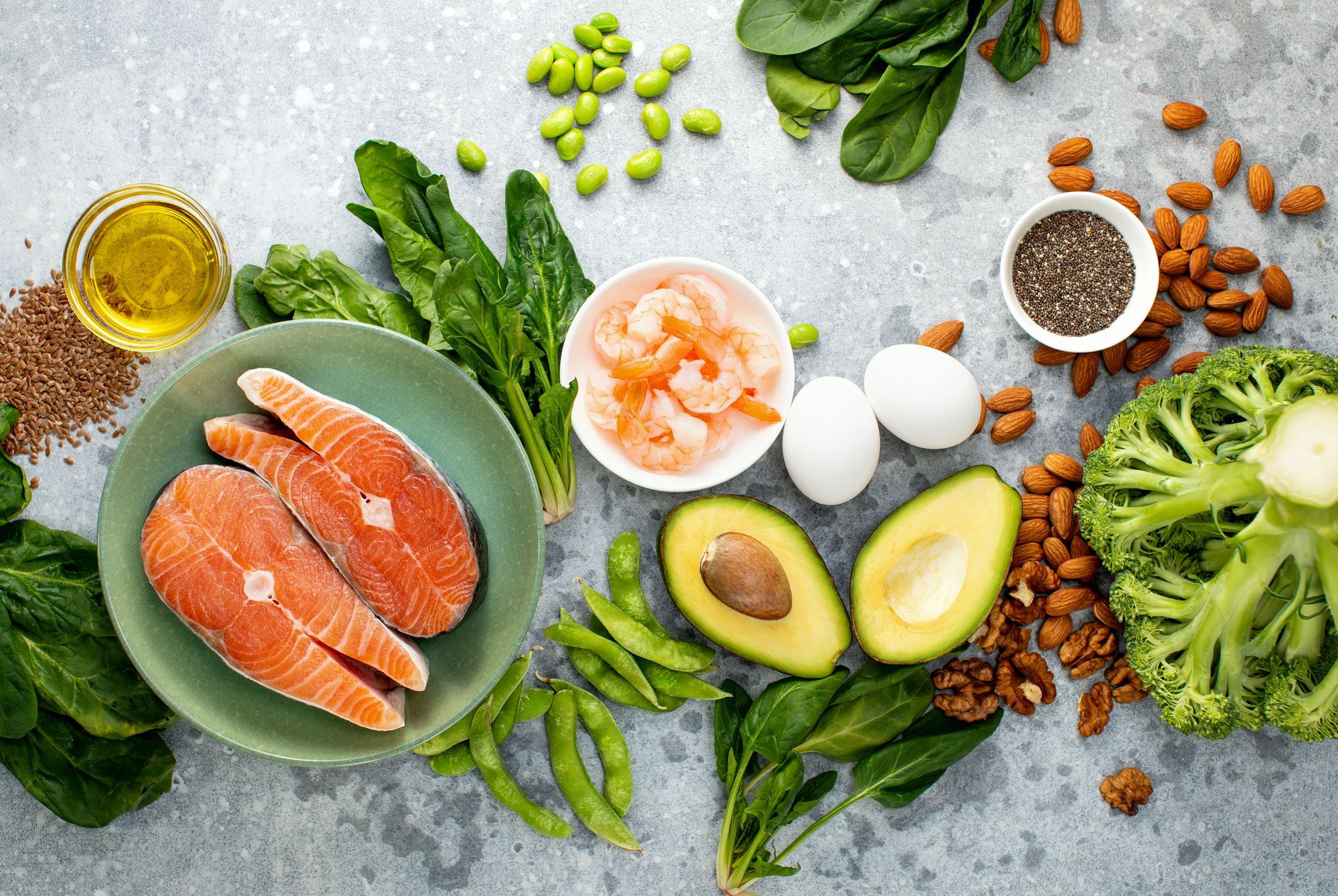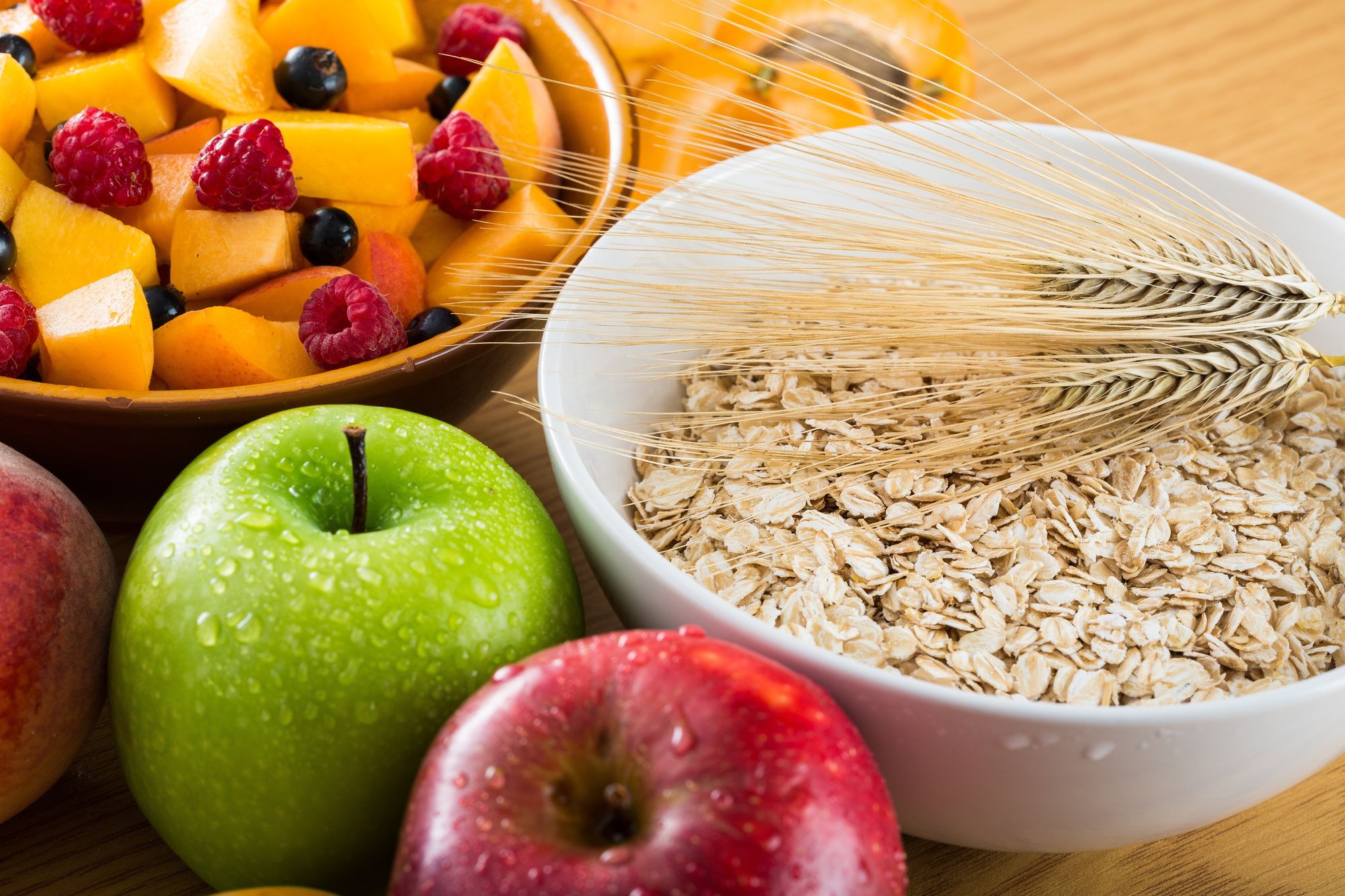Let's get real: Shedding belly fat can be quite challenging. If you can relate, you're not alone. Approximately 45 million Americans make efforts to lose weight every year, but only 54% manage to maintain their weight loss over the long term. However, don't be disheartened. The good news is that there's no magic solution for sustainable weight loss; it's all about adopting healthy lifestyle choices centered on proper nutrition and regular exercise. So, if you're determined to say goodbye to your belly fat and reveal a fitter version of yourself, you're in the right place. We've consulted experts who are here to share nine top-notch tips for melting belly fat.
Tracie Haines-Landram, CSCS, a certified strength and conditioning specialist and nutrition coach with Barbend, emphasizes the importance of the basics: "The fundamentals are crucial for a reason. They lay the groundwork for achieving your fitness goals. When it comes to melting belly fat and sculpting a leaner body, these fundamentals revolve around exercise and healthy habits.
In this article, we've engaged in conversations with health experts who will explore the nine essential principles for achieving a permanently slimmer waistline. Say goodbye to trendy diets and quick-fix weight loss tricks and say hello to straightforward and sustainable fundamentals that will guide you toward a healthier and more self-assured you.
1.) Add Some Excitement to Your Meals With Spices.

According to a 2022 review, capsaicin found in spicy ingredients such as chili peppers and spices can potentially elevate your metabolism and promote calorie expenditure, assisting in appetite control.
Trista Best, RD, a registered dietitian affiliated with Balance One Supplements, recommends integrating spicy elements like chili peppers and cayenne pepper into your dietary regimen. These items contain capsaicin, a compound that may temporarily enhance metabolism and enhance calorie combustion, possibly contributing to the reduction of abdominal fat.
2) Consume Your Leafy Greens

Mom's wisdom still holds true: including green vegetables like spinach, kale, and broccoli in your diet is a wise choice. These veggies are rich in essential vitamins and minerals while being low in calories. Additionally, a 2020 meta-analysis revealed that incorporating green salads can increase fiber intake and is linked to a decrease in body mass index.
Trista Best emphasizes the benefits of green vegetables, stating, "Green veggies are not only low in calories but also high in nutrients, making them ideal for a diet aimed at trimming belly fat. They're also loaded with antioxidants that promote overall health.
3) Cut Down on or Eliminate Alcohol Consumption

While the occasional glass of wine can be a pleasant indulgence, it's crucial to be aware that excessive alcohol intake can hinder your efforts to combat belly fat. According to Haines-Landram, alcohol not only contains more calories per gram than carbohydrates but also undergoes a different metabolic process than food. It temporarily hinders fat breakdown and has an adverse impact on sleep.
4) Incorporate Omega-3 Fatty Acids into Your Diet

Not all fats are your enemies. According to a 2022 study, omega-3 fatty acids present in fatty fish such as salmon, as well as in walnuts and flaxseeds, can play a role in promoting the burning of abdominal fat. These beneficial fats possess anti-inflammatory qualities that can enhance post-meal satisfaction.
Best suggests, "Incorporate foods rich in omega-3 fatty acids, such as fatty fish and walnuts, into your diet. Omega-3s have the potential to diminish inflammation and lower abdominal fat levels."
5) Engage in Daily Physical Activity

Consistent physical activity, whether it's walking, dancing, or hitting the gym, plays a vital role in calorie burning and sculpting your midsection. According to a 2013 study, individuals who engaged in over 200 minutes of exercise per week achieved significantly greater weight loss compared to those with less physical activity.
Haines-Landram emphasizes, "One of the key factors in losing fat is maintaining a consistent calorie deficit over time. That's why it's essential to ensure you meet the minimum physical activity recommendations set by the Centers for Disease Control and Prevention, which involve engaging in 150 minutes of moderate-intensity physical activity per week.
6) Give Priority to Your Fiber Intake

Prioritize fiber-rich foods like whole grains, oats, and legumes as they can promote a sense of fullness, preventing overeating. Additionally, these foods assist in stabilizing your blood sugar levels, facilitating weight loss.
Best recommends, "Choose foods abundant in soluble fiber, such as oats, flaxseeds, and legumes. Soluble fiber can contribute to appetite control, decrease calorie absorption, and enhance the sensation of fullness, all of which support the reduction of abdominal fat.
7) Effectively Handle Stress.

Persistent stress can contribute to weight gain, particularly in the abdominal region. In fact, a 2018 study found that chronic stress can trigger cravings for calorie-dense foods. Maintaining a state of calm and composure can significantly ease the process of making healthy choices and managing belly fat.
Haines-Landram explains, "Chronic stress prompts the release of hormones like cortisol, which can temporarily elevate blood sugar and appetite. When your body is in this state, it's less inclined to burn stored body fat.
8) Incorporate Probiotic-Rich Foods into Your Diet

Scientific studies highlight the strong link between gut health and effective weight management, with probiotic-rich foods being particularly beneficial for your gut's well-being. Delicious choices like yogurt, kefir, sauerkraut, and kimchi can support the development of a healthy gut microbiome, potentially aiding in the reduction of abdominal fat.
Best advises, "Incorporate foods such as yogurt, kefir, and sauerkraut into your diet. They contain probiotics that can foster a balanced gut microbiome, which has been associated with improved weight management and a decrease in belly fat.
9) Establish Good Sleep Habits

High-quality sleep is a crucial factor in effective weight control. Consistently achieving restful sleep helps in the regulation of appetite hormones and stress reduction. Moreover, a well-rested body is more effective at burning fat, so prioritize getting sufficient sleep.
Haines-Landram underscores this, stating, "Research demonstrates that insufficient or poor-quality sleep heightens the risk of obesity. The National Institute of Health advises adults to aim for seven to eight hours of sleep per day

